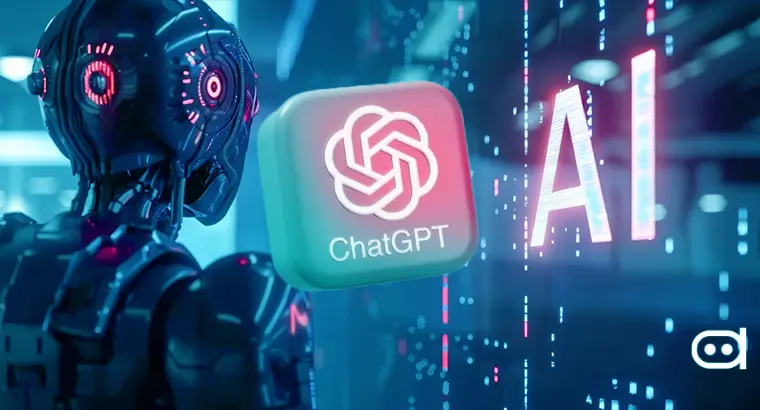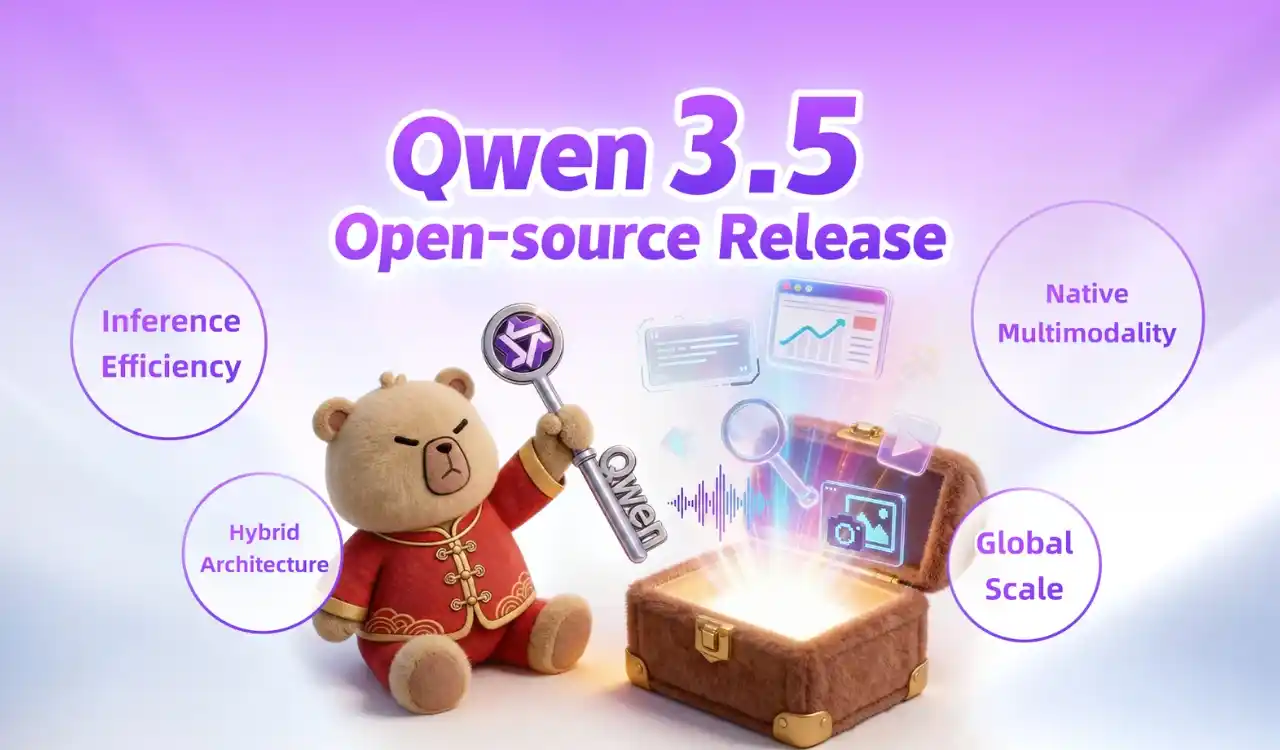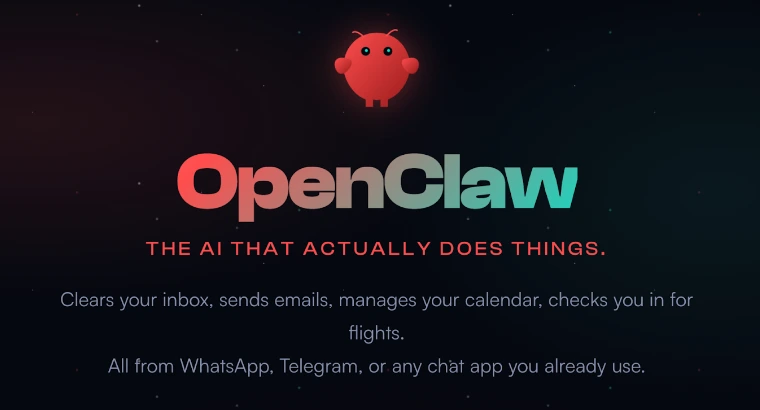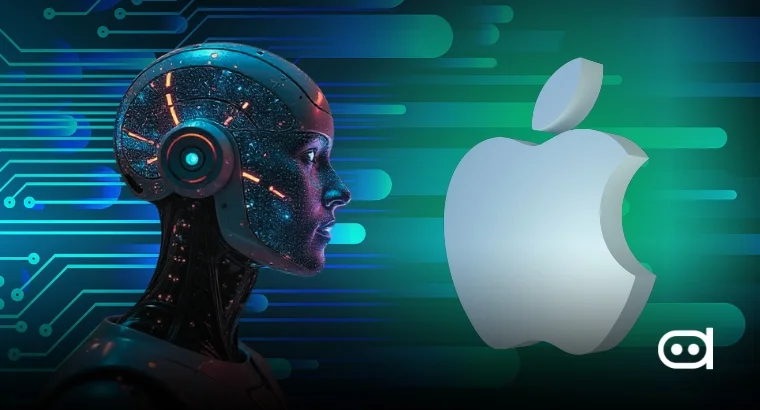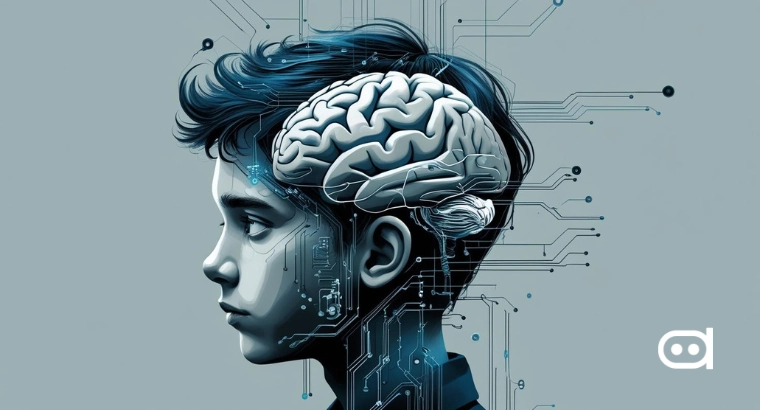
Key Highlights
- EPPC scholars support using AI in the education system AI education for older students, but warn against excessive use in subjects like English and History
- Their study found that relying too much on AI tools may weaken memory and creativity in students
- The Education Department is taking public feedback until August 20 on its plan to expand AI in schools
Scholars from the Ethics and Public Policy Center (EPPC) have raised concerns about the looming risks of integrating artificial intelligence into U.S. classrooms.
EPPC Recommends Going Slow on AI in the Education Sector
In a public comment submitted Tuesday, EPPC policy analysts Clare Morell and Chloe Lawrence urged the Department of Education to adopt a more measured and cautious approach in using AI in the education system. This includes its proposed initiative promoting AI literacy and implementation in schools.
Like any other sector, AI technology is also penetrating the educational sector in numerous ways. The federal proposal would prioritize grant funding for projects that incorporate AI training for teachers and students.
While Morell and Lawrence support using AI in specialized computer science courses for older students, they have warned against intense adoption across all subjects. They particularly warned use of AI in subjects like humanities courses that develop critical thinking and writing skills.
“Research suggests that over-reliance on AI tools can undermine the very skills we’re trying to teach,” the scholars wrote. They pointed their fingers to studies, which show that excessive technology use may weaken memory retention, problem-solving abilities, and creative thinking.
Their comment specifically cautioned against using AI writing assistants in English classes or AI tutors in history courses, where human analysis and original thought are very important.
The scholars also expressed concern that AI integration could accelerate existing problems in education technology, including shortened attention spans and declining test scores.
To address such problems, they suggest strict age limits on AI tools. They also call for more research before implementing them in elementary and middle school classrooms.
The Department of Education is currently reviewing public comments on the proposal through August 20, according to the EPPC. Education Secretary Miguel Cardona has previously stated that AI presents both “tremendous opportunities and serious challenges” for American schools.
The EPPC’s input recalls a growing national debate about how to responsibly incorporate emerging technologies in education without sacrificing fundamental learning skills
“Our overall concern is that integrating AI into general classroom instruction and personalizing it for individual student learning will only accelerate the negative trends caused by the EdTech revolution: lower scores, cognitive problems, access to harmful content, and more,” Clare Morell and Chloe Lawrence jointly stated in a report on EPPC.
“The nascent research on the impacts of AI chatbots and LLMs suggests that AI poses new threats to children’s learning as well. If it is not limited to the appropriate classroom settings and age groups, it is poised to undermine the development of children’s literacy, problem solving skills, critical thinking, writing, and creativity,” they added.
A 2025 MIT study revealed that students using AI for writing tasks struggled to recall content they “produced.” This indicates a lack of cognitive engagement and retention in those students.
According to experts, AI’s excessive use might detach students from the learning process, which can ultimately lead to weakened “memory consolidation” and hinder the development of “nuanced reasoning skills”.
A systematic review in Educational Technology found that 70% of students with reliance on AI tools for writing have shown diminished critical thinking abilities.
By automating tasks like problem-solving or research, AI may kill students’ interest in solving critical tasks.
There is one more big problem present in AI-based education. A ScienceDirect study revealed how AI systems can introduce biases or inaccuracies. This could possibly expose students to incorrect information.
Apart from this, privacy concerns arise when AI tools collect sensitive student data, raising questions about security and consent.
According to OpenAI CEO Sam Altman, stated in an interview that AI will outsmart human intelligence by the next decade.
